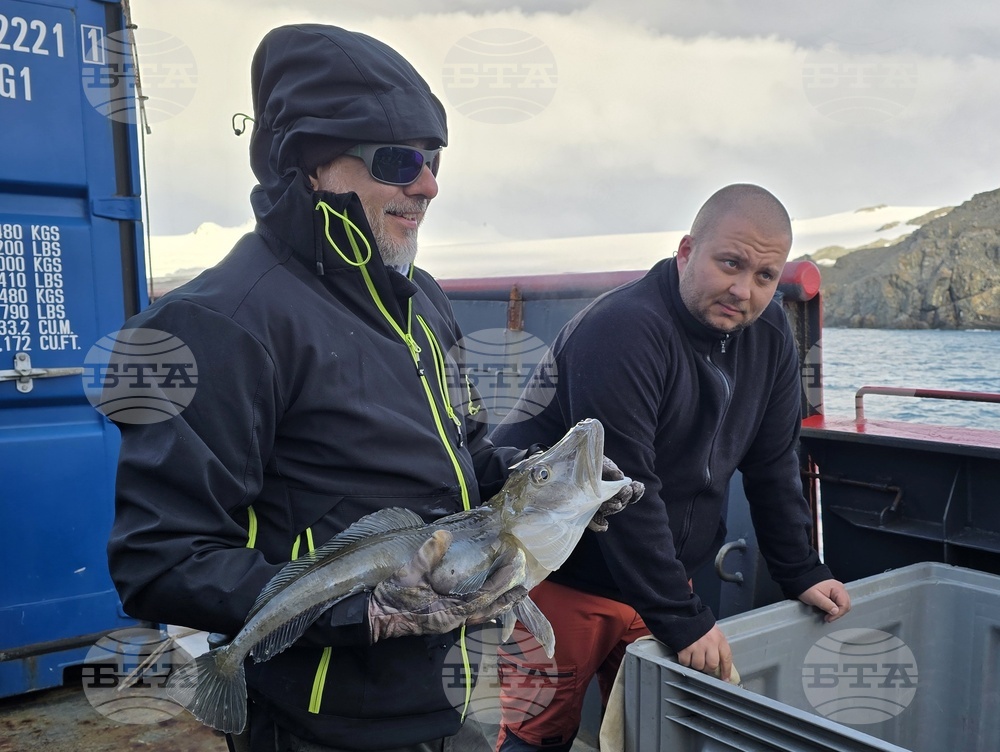site.btaTransporting Fish from Antarctica to Plovdiv: Challenge with Global Significance


Kristiyan Vladov and Stefan Kyurkchiev from the Natural History Museum in Plovdiv are working on an innovative project to transport live fish from the Antarctic Circle to Bulgaria. Resulting from a collaboration between Bulgarian scientists, Antarctic researchers and natural history institutions, this initiative highlights Bulgaria’s active role in the study and conservation of polar ecosystems.
The Museum's Chief Curator Vladov said that the main goal is to bring science closer to the public. Visitors - from students to researchers - will have the opportunity to see unique Antarctic organisms that can otherwise only be observed in scientific institutes. Interactive exhibitions will show not only the biology of these creatures, but also the impact of climate change on their ecosystems.
For Vladov, this project is a dream come true: "Working with Bulgarian Antarctic Expeditions Head Prof. Christo Pimpirev and visiting the Bulgarian Antarctic base are unforgettable experiences." He said that with the support of Plovdiv's National History Museum Director Ognian Todorov and the Bulgarian Antarctic Institute, the idea of a "polar aquarium" has become a reality. This is a ground-breaking initiative on a global scale, as Antarctic fish have so far only been studied in laboratories, without access for the general public.
Kyrukchiev, a curator at the Museum, sees the project as an outstanding scientific and educational challenge. He stresses that transporting live specimens to Bulgaria on the research vessel Sv. Sv. Kiril i Metodii is a rare opportunity. Raising the fish in a controlled environment, exhibiting them and the research that will follow are motivations for him and for the entire museum community. The aim is to awaken the interest of the younger generation in biology and science.
Vladov, who is a hydrobiologist, explained that Antarctic fish have developed special mechanisms to survive in icy waters. For example, crocodile icefish have no hemoglobin and breathe through their skin - a feature that could be relevant to future medical research related to anemia.
The project is supported by the Municipality of Plovdiv and the commitment of the local National History Museum Director, who encourages unconventional ideas. Thanks to the team's efforts, the Museum's attendance has increased from 15,000 to 120,000 people per year over the last decade.
"This shows that the information we present is understandable and people come back with a thirst for knowledge," Vladov highlighted. He expresses his gratitude to Prof. Pimpirev and the Bulgarian Antarctic Institute, without whose assistance this project would not have been possible.
/MR/
Additional
news.modal.image.header
news.modal.image.text
news.modal.download.header
news.modal.download.text
news.modal.header
news.modal.text
